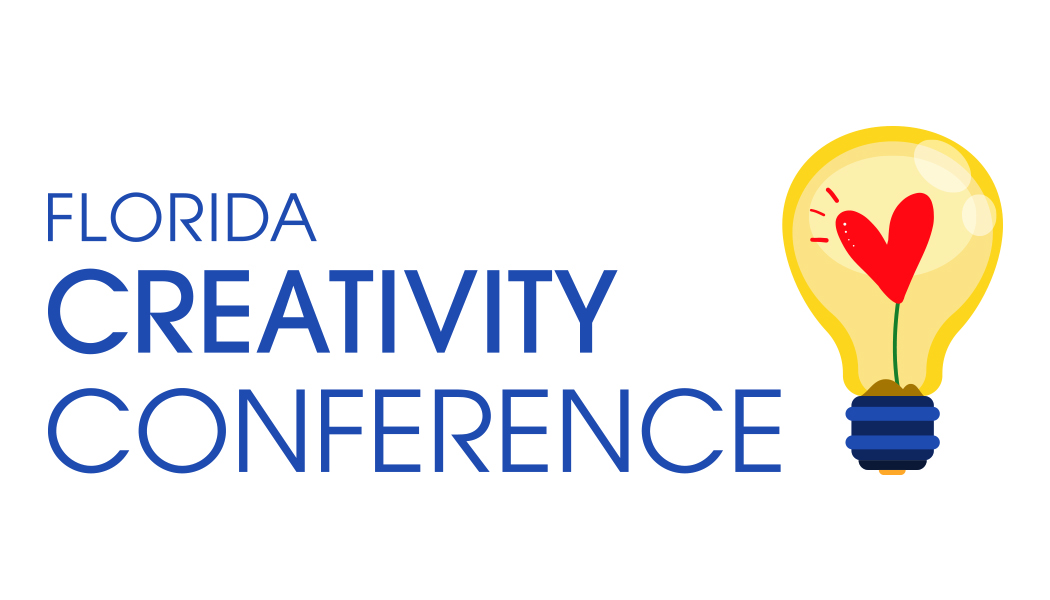CPS Level 1: Foundations of Creative Problem Solving … The Place to Get Started
If you are new to FLCC, Foundations of Creative Problem Solving is your fast track to a deliberate creativity process for solving problems and capitalizing on opportunities. You’ll learn the Creative Problem Solving (CPS) Process, the research-based gold standard of creativity methods, and be exposed to the FourSight framework, which can help you understand how you and your teammates approach challenges.
In an incredibly engaging format, your team of experienced facilitators will use hands-on activities, real-world examples, and a variety of divergent and convergent thinking tools to give you the skills you need to advance your personal and professional goals.
Foundations of Creative Problem Solving is the first of four skills-building courses in Creative Problem Solving. After completing all four CPS courses, you will deepen your ability to facilitate and train others in the CPS process, while also becoming eligible to be considered to lead CPS programs.
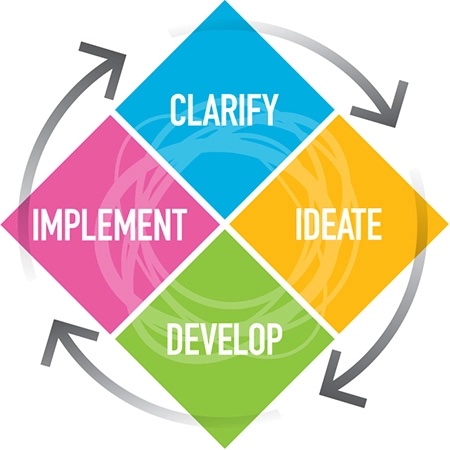
Explore the Vision.
Identify the goal, wish, or challenge.
Gather Data.
Describe and generate data to enable a clear understanding of the challenge.
Formulate Challenges.
Sharpen awareness of the challenge and create challenge questions that invite solutions.
Explore Ideas.
Generate ideas that answer the challenge questions.
Formulate Solutions.
To move from ideas to solutions. Evaluate, strengthen, and select solutions for best “fit.”
Formulate a Plan.
Explore acceptance and identify resources and actions that will support implementation of the selected solution(s).
Why Sign Up for CPS Level 1: Foundations of Creative Problem Solving?
In this course, you will:
- Recognize and overcome blocks to creativity.
- Identify attitudes and behaviors conducive to creative thinking.
- Apply core concepts of creative thinking.
- Use a variety of divergent and convergent thinking tools.
- Apply the CPS method to many simulated or real situations.
- Consciously be creative when facing problems and opportunities.
What Previous Participants Have Said About Foundations of Creative Problem Solving:
- Helped break me out of career boredom!
- Teachers were great, practice exercises, principles are easy to understand.
- Springboard provided more than it said it would.
- Exceeded expectations.
- I have some CPS background and still found this absolutely worthwhile.
- Structured process, tips, techniques, variety of exercises, fun + functional.
- I wish I’d taken this years ago.
- It is nice to see how CPS can be used for both personal and professional issues.
- Great to work on my own challenge but also work closely with others. I felt I could make a difference in other’s challenges.
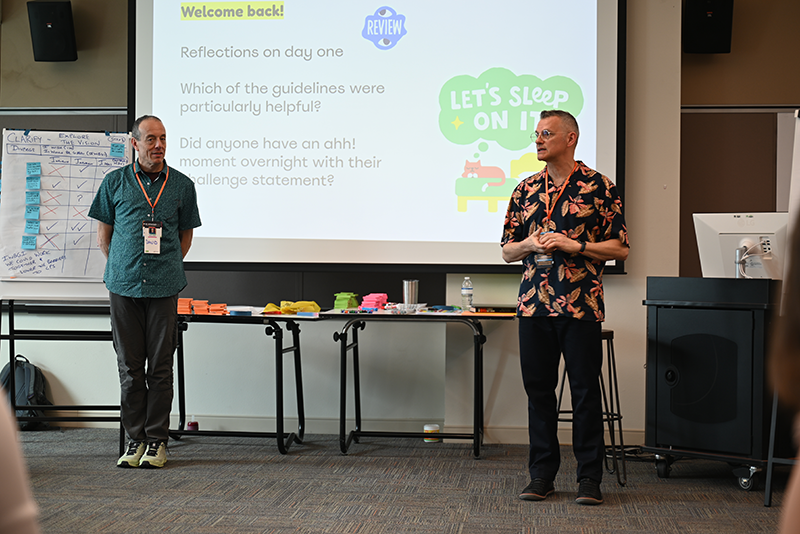
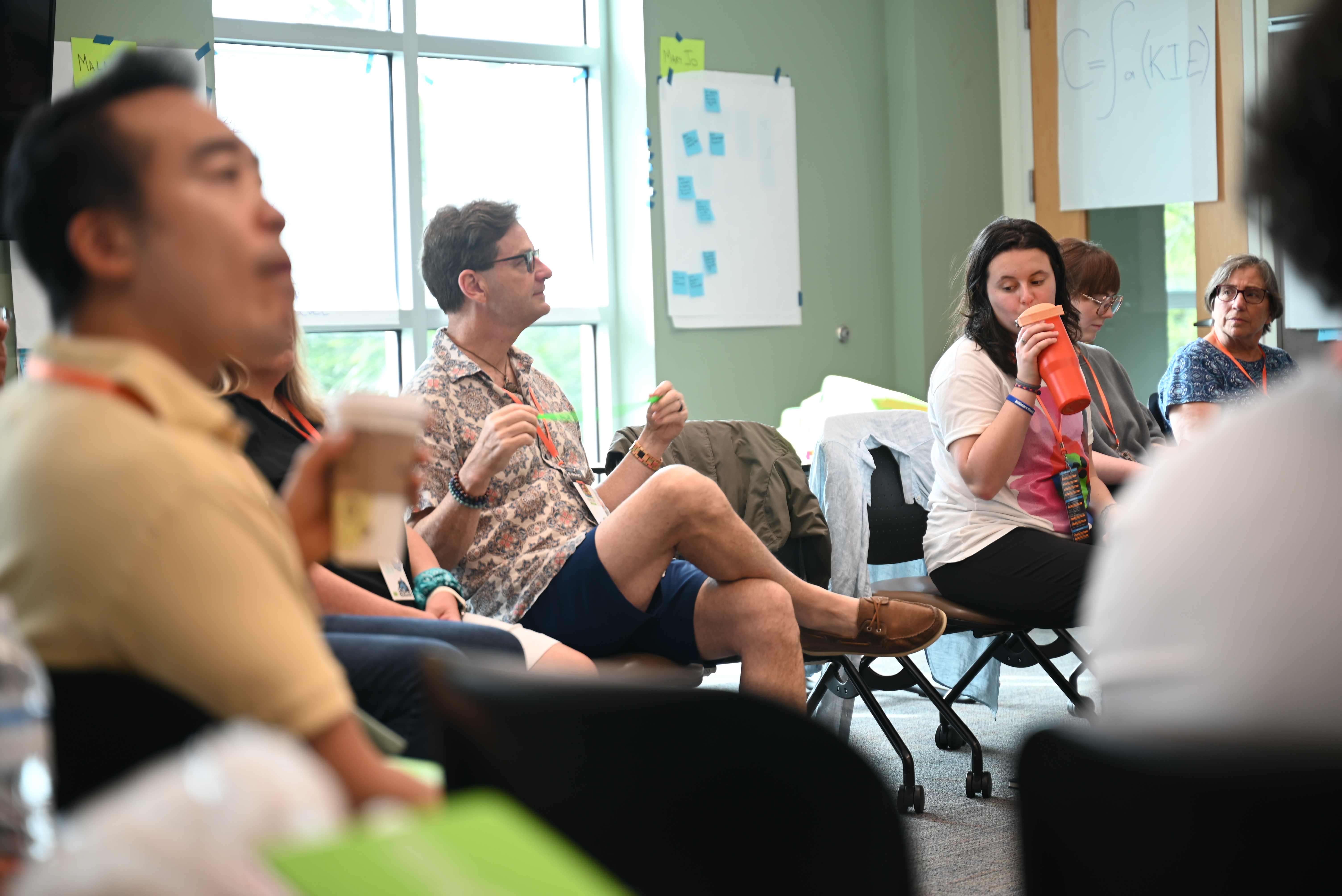
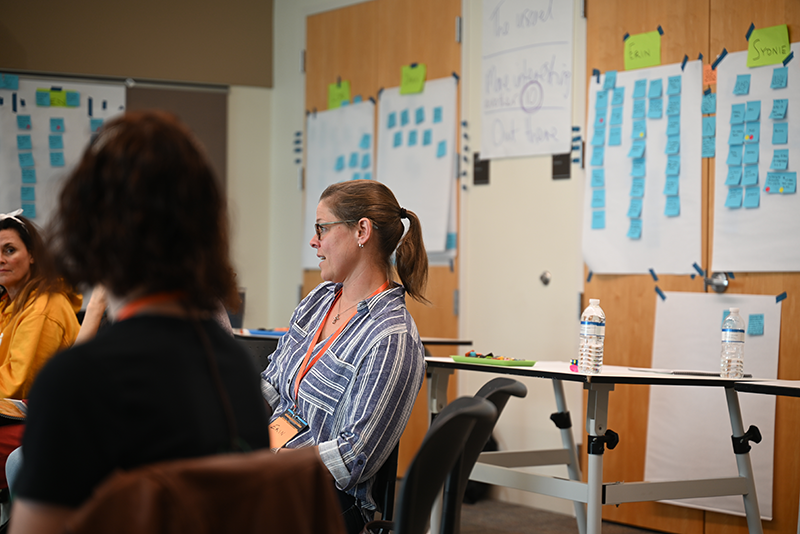
I was able to use the work I did in the training to have an amazing, impactful conversation with the rest of my company the next day.
Getting above a problem rather than sinking in it
I will be a better thinker, leader, and collaborator as a result of this training.
Learning and applying steps of the creative problem solving. I also feel energized.
Overcame huge obstacles and created Actionable plans.
Getting a better understanding as to the step by step process and start to understand the core concepts of creative thinking.
Foundations FAQ's
A: Foundations takes place over the length of the three-day conference. When attendees are in their breakout workshops, you will attend Foundations. The schedule allows you to attend other networking and MainStage events with other conference attendees.
A: Foundations at FLCC is limited to 25 attendees.
A: Currently the schedule allows Foundations attendees to attend networking and MainStage events as well as a 90-minute breakout workshop on Saturday afternoon.
